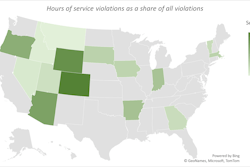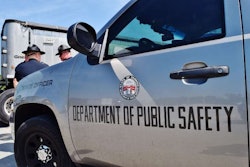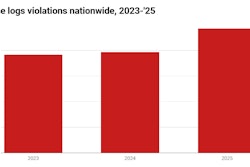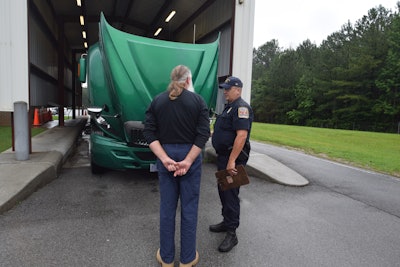 An apparent rise in the number of violations listed on inspections and citations seems to point to a higher frequency of heated encounters between truckers and enforcement officers.
An apparent rise in the number of violations listed on inspections and citations seems to point to a higher frequency of heated encounters between truckers and enforcement officers.
When the pandemic hit in the spring, we saw a dramatic drop in the number of inspections conducted and citations issued. Instead of that emphasis, enforcement and the industry worked together to get medicine delivered and food on the grocery shelves.
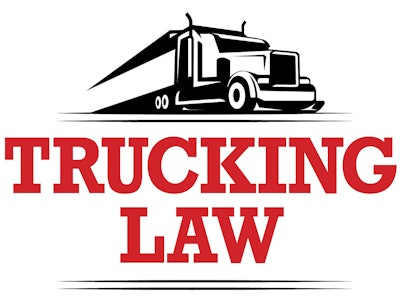
But what’s more interesting is that in the past few months I am running across more inspections with an uncharacteristically high number of violations noted. Now, there is always going to be the odd inspection or citation that stands out. However, I am now seeing these occur more frequently.
What is causing this sudden uptick?
I believe it’s because of poor roadside interactions with enforcement. It’s hard to say what’s driving that – perhaps COVID-19-related stresses on individuals’ personal and professional lives, or other factors from the craziness of the last year. But whatever the root cause, I can see evidence, in the way some of the citations are written, that more of these interactions have become increasingly contentious.

Ok, I can hear it now: “How do you know that, smarty pants?” Well, I’ve been contesting citations and violations for quite some time. I know how the officer can write a citation. For example, if you bypass a port of entry in New Mexico, you can receive a citation for bypassing the port, failure to obey a traffic control device, or other violations.
If the officer wrote you a citation but listed only one violation on the inspection, I know he cut you a break and you had a good interaction. Two violations – maybe not quite as good an interaction, but probably still OK. More than that and I know it did not go well.
The same can be said for vehicle inspections. Assuming you are driving a reasonably maintained vehicle, a couple of violations can be normal. More than five, I begin to take notice. More than 10 and I am concerned. More than 30 – yes, I have seen that – and I know somebody said something about someone’s momma.
Do you know what is the best thing for me to hear when I’m discussing a case with enforcement and prosecutors? “I don’t recall your client.” Then I know that everyone acted professionally and our chances of getting a positive outcome go up. In contrast, when I hear, “Oh, yes, I remember your client. Let me tell you what happened,” I know I am in for a long day.
So the next time you have an interaction with enforcement, remember: The officer is just doing his job. He’s not targeting you specifically, though it can feel this way. He is out to keep the roads safe for you and everyone else. There are people and vehicles that are truly unsafe and need to be taken off the road. So stops have to be made, inspections have to be performed and citations have to be written.
Don’t take it personally. Be prepared. Be courteous. Be polite. Do not bring anybody’s momma into the conversation! Most importantly, be professional. What happens in this interaction affects how we defend your citation.
Everyone is entitled to have a bad day. Even enforcement. You know how you feel when a four-wheeler cuts you off? Or when you are trying to solve a problem at home from 1,000 miles away? The officer is a person just like you, trying to do their job, provide for their family, and deal with all the complications that life brings. Extend them the same courtesy that you want to be extended to you. I promise this will make everything go better and get you back on the road quicker.
You cannot always control the circumstance of a stop. You cannot control the mood of the officer stopping you. By that point, you cannot control the violations that may be discovered. What you can control is your attitude when dealing with the officer.
Please remember that sometimes it is best not to be remembered!
Brad Klepper is president of the Interstate Truckers law firm and Drivers Legal Plan. He can be reached at 800-333-3748, InterstateTrucker.com and DriversLegalPlan.com.

